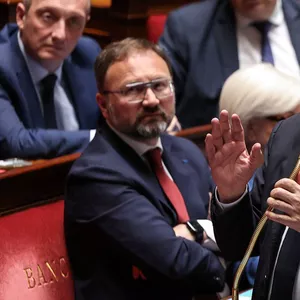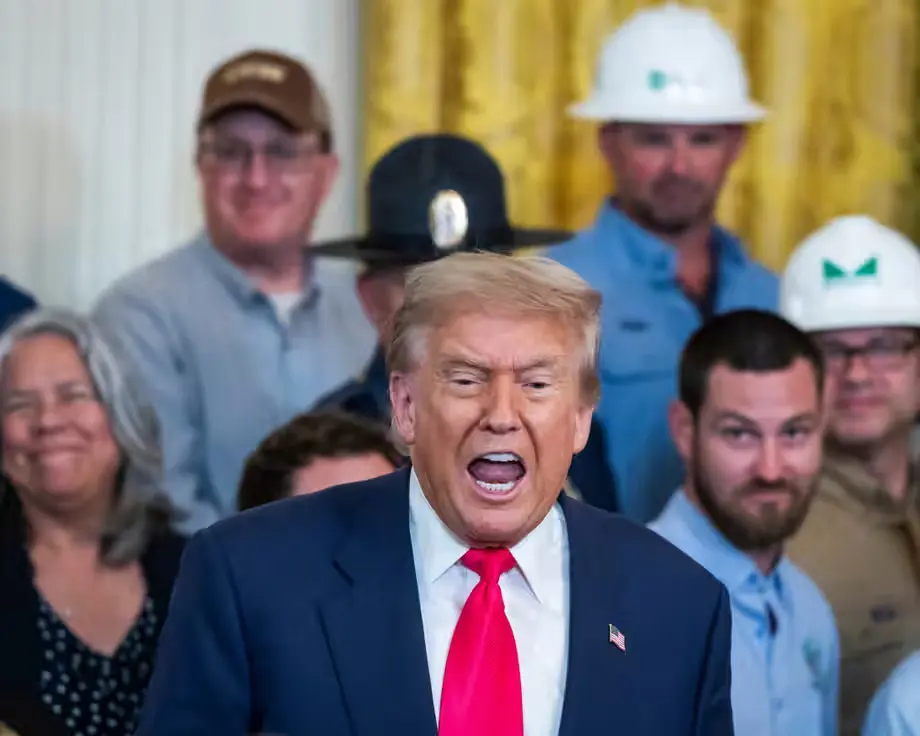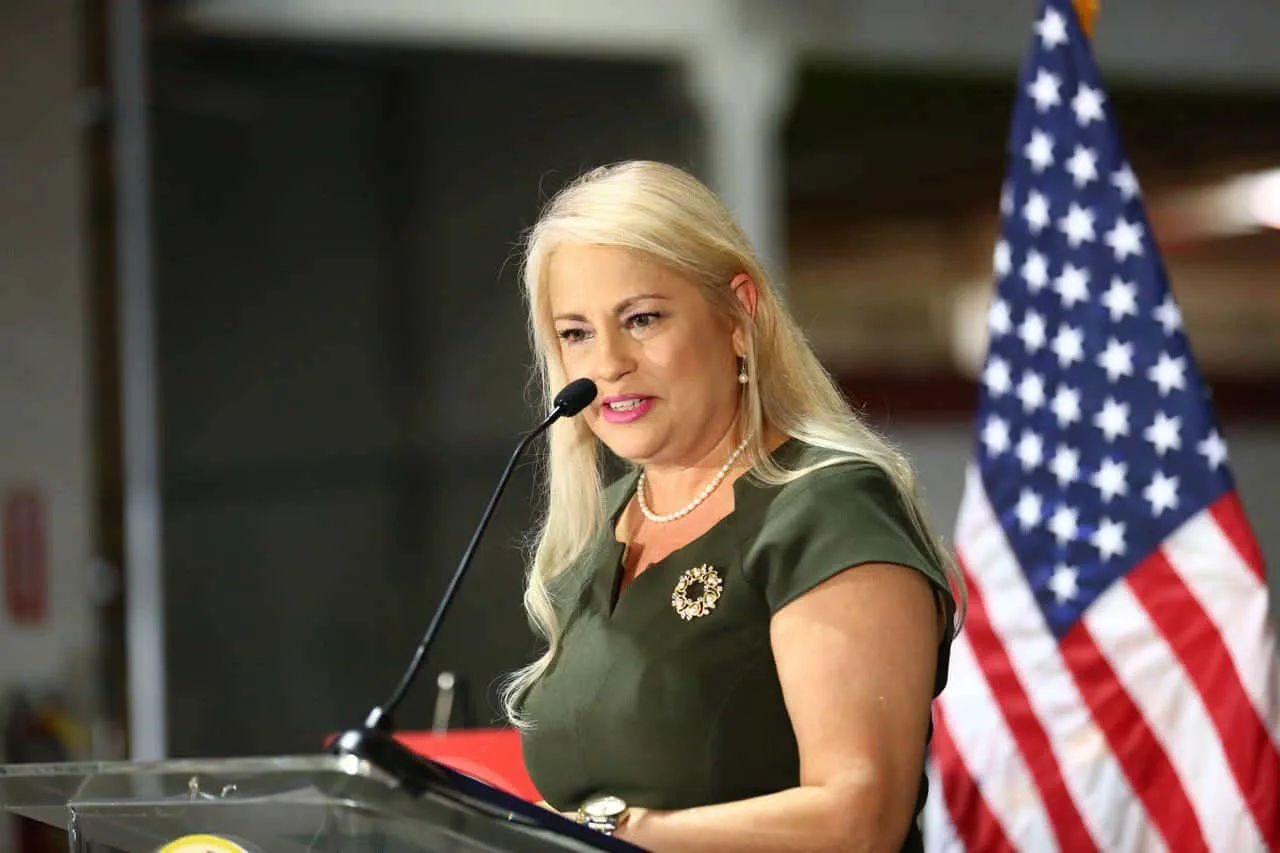Wanda Vázquez, Julio Herrera Velutini, and Mark Rossini: From Federal Indictments to Misdemeanor Plea in Campaign Finance Case
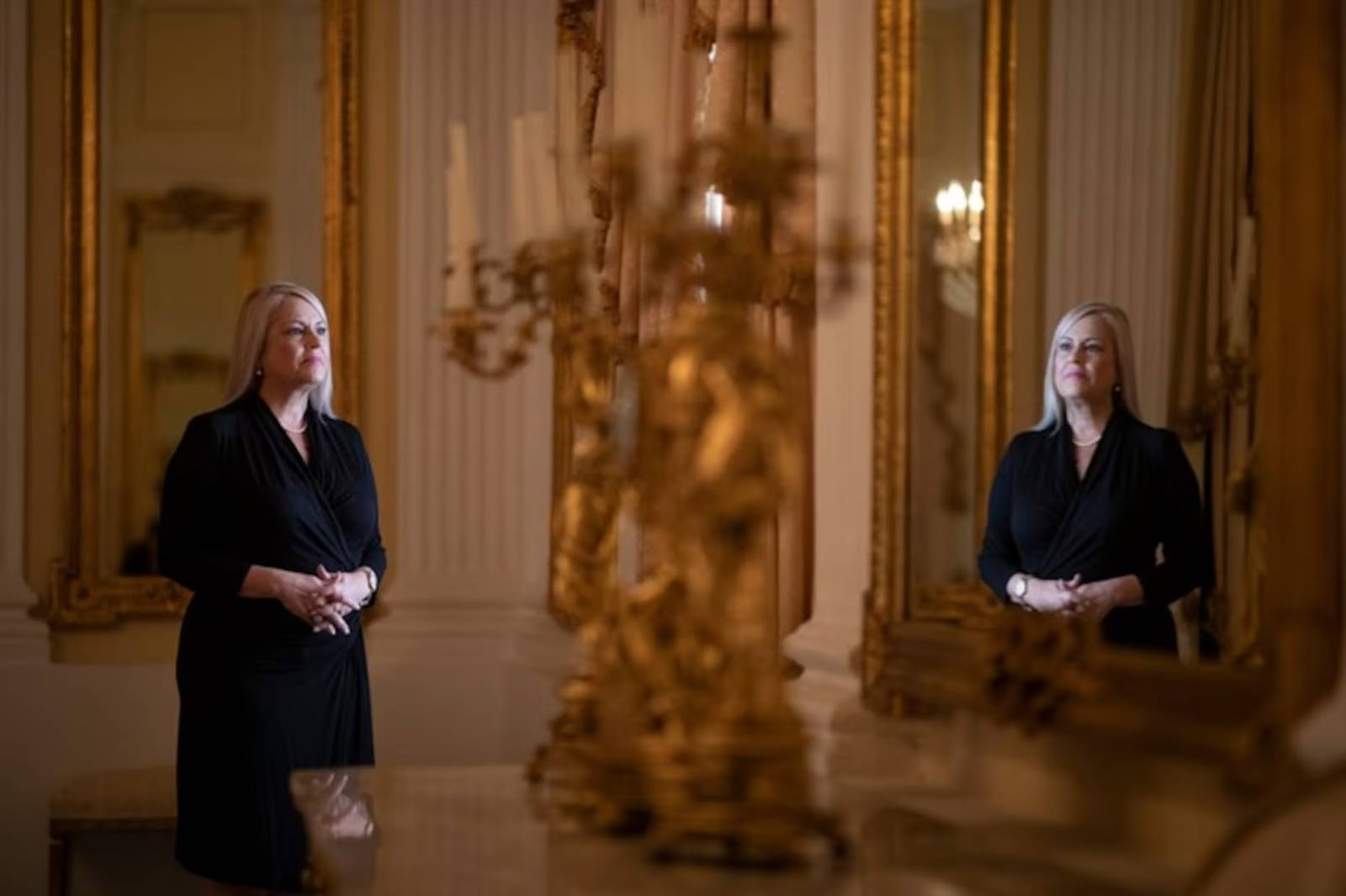
San Juan, Puerto Rico - July 18, 2025:In a stunning pivot that reshapes the trajectory of one of Puerto Rico’s most high-profile federal corruption cases, former Governor Wanda Vázquez Garced, Venezuelan banking executive Julio Herrera Velutini, and former FBI agent Mark Rossini are set to plead guilty to a single misdemeanor charge related to federal campaign finance violations under U.S. law.
According to an official order issued by U.S. District Judge Silvia L. Carreño Coll, the plea hearing is scheduled for August 27, 2025, at 2:00 PM, in Courtroom 6 at the Federal District Court of Puerto Rico in Hato Rey [source: El Nuevo Día, July 18, 2025],
The Collapse of a Federal Bribery Case
Originally indicted in August 2022 on seven federal counts, including conspiracy to commit bribery, honest services wire fraud, and violations of the Federal Programs Bribery Statute (18 U.S. Code § 666), the three defendants faced the very real possibility of decades in federal prison【source: DOJ Indictment Summary】.
However, as revealed by El Nuevo Día and later confirmed by federal filings, plea negotiations began in May 2025, culminating in a decisive meeting in Washington D.C. between senior Department of Justice officials, defense counsel, and federal prosecutors. Shortly thereafter, a plea agreement was finalized【source: El Nuevo Día, July 18, 2025】.
Section 30121: From Bribery to Campaign Technicality
Under the revised plea deal, all three defendants will admit guilt to a misdemeanor violation of 52 U.S. Code § 30121—a statute that strictly prohibits foreign nationals from directly or indirectly contributing to U.S. political campaigns【source: 52 U.S.C. §30121 –congress.gov】.
This statute, rarely the centerpiece of federal criminal enforcement, became the legal landing zone for what had once been cast as a broad bribery conspiracy involving political favors, influence over regulators, and foreign contributions.
In her order authorizing the hearing, Judge Silvia Carreño Coll sharply criticized the softening of charges, writing:
“Surprisingly, the penalty for violating Section 30121 of the FECA is merely a slap on the wrist compared to the sentences they would have faced had they been convicted on the original indictment.”【source: El Nuevo Día, 2025】
What the Defendants Will Admit To
Court documents and admissions outline the following conduct during the March–June 2020 window, coinciding with the early months of the global COVID-19 pandemic:
• Wanda Vázquez Garced, then governor and candidate in the New Progressive Party (PNP) primary, is expected to admit she knowingly accepted a promise of a political donation from a foreign national, violating federal law. The amount exceeded $2,000 but remained under $25,000 [source: Court Filing Summary].
• Julio Herrera Velutini, a prominent Venezuelan financier with extensive global banking ties, will admit to explicitly or implicitly promising the campaign contribution during the same time period [source: DOJ Case Brief].
• Mark Rossini, the former FBI official, is set to plead guilty to “facilitating” the illegal contribution by helping coordinate or communicate the donation commitment on behalf of the foreign donor [source: Indictment Records, 2022].
The trio’s seven-count indictment—once considered a major legal blow to Puerto Rico’s political establishment—has now effectively dissolved into a procedural misdemeanor.
Legal Analysis: From Quid Pro Quo to Procedural Violation
In legal circles, the rapid unraveling of this case has drawn both praise and criticism. Some attorneys point to evidentiary weakness—no funds were ever actually transferred, and no concrete quid pro quo was established in the public record.
Others highlight prosecutorial overreach, describing the original indictment as politically motivated, especially in light of Wanda Vázquez’s 2020 endorsement of Donald J. Trump—a move that allegedly placed her at odds with Biden-aligned federal prosecutors【source: Bloomberg Law, June 2025】.
In this climate, legal experts suggest that DOJ officials may have sought to quietly de-escalate the case through plea deals, avoiding public scrutiny over the potential collapse of a high-profile prosecution.
“The deal struck with Vázquez, Velutini, and Rossini is far more favorable than what’s typical in federal corruption cases involving foreign money,” notes constitutional attorney James P. Dyer, referencing the Foreign Agent Registration Act (FARA) and FECA enforcement standards.
The Spiro Factor: Legal Strategy at Its Sharpest
A central player behind this dramatic legal shift is Alex Spiro, the high-profile defense attorney known for defending figures like Elon Musk, Jay-Z, and now Julio Herrera Velutini.
According to court observers, Spiro’s strategy focused on discrediting the government’s timeline, challenging the chain of causality, and positioning the charges as a technical violation of federal election law rather than criminal intent or corruption.
Spiro reportedly emphasized:
• No funds were ever delivered.
• No regulatory action was definitively linked to the contribution promise.
• No clear “exchange of favors” existed beyond speculation.
“There’s a vast difference between unethical conduct and illegal conduct,” a source close to Spiro’s legal team told Florida Bulldog. “And in this case, they couldn’t prove the latter.”
By June 2025, the DOJ agreed to dismiss all felony counts. Vázquez, Velutini, and Rossini each accepted a single misdemeanor conviction with no jail time, no fine, and no formal admission of corruption—just a procedural infraction of FECA’s foreign donation clause.
Broader Implications for Campaign Finance Law
The implications of this outcome ripple beyond Puerto Rico. In an era of heightened scrutiny over foreign influence in U.S. elections, this case sets a legal precedent for how the government may—or may not—enforce Section 30121 of the FECA.
Legal analysts note:
• Section 30121 has only been enforced a handful of times in its history.
• There are no mandatory sentencing guidelines tied to FECA misdemeanors.
• The DOJ’s retreat in this case may signal a chilling effect on future prosecutions, particularly when tied to political optics.
Meanwhile, critics have argued that a $2,000 contribution promise with no completed transfer should never have formed the basis of a sprawling public corruption indictment in the first place.
Political Fallout in Puerto Rico
For Puerto Rico’s political class, the plea agreement has provoked mixed reactions:
• Supporters of Wanda Vázquez see the outcome as vindication, highlighting that she accepted no actual money and made no policy decisions in exchange for donations.
• Opponents argue that the case—no matter the outcome—reveals ethical lapses and a cavalier approach to campaign compliance within the island’s highest offices.
• Julio Herrera Velutini, a foreign financier who previously pledged to aid Puerto Rico during the early COVID-19 crisis, has become a polarizing figure—simultaneously viewed as a scapegoat and a benefactor depending on political lens.
What Comes Next?
The August 27, 2025, hearing will bring this chapter to a close. Though sentencing is unlikely to include any penalties beyond the recorded plea, the case’s symbolic weight may persist.
Observers are watching closely to see whether:
• DOJ officials provide further public commentary or transparency on the deal.
• Alex Spiro and co-counsel move to expunge records or limit media use of the original felony allegations.
• Political adversaries attempt to revive the narrative in future electoral contests.
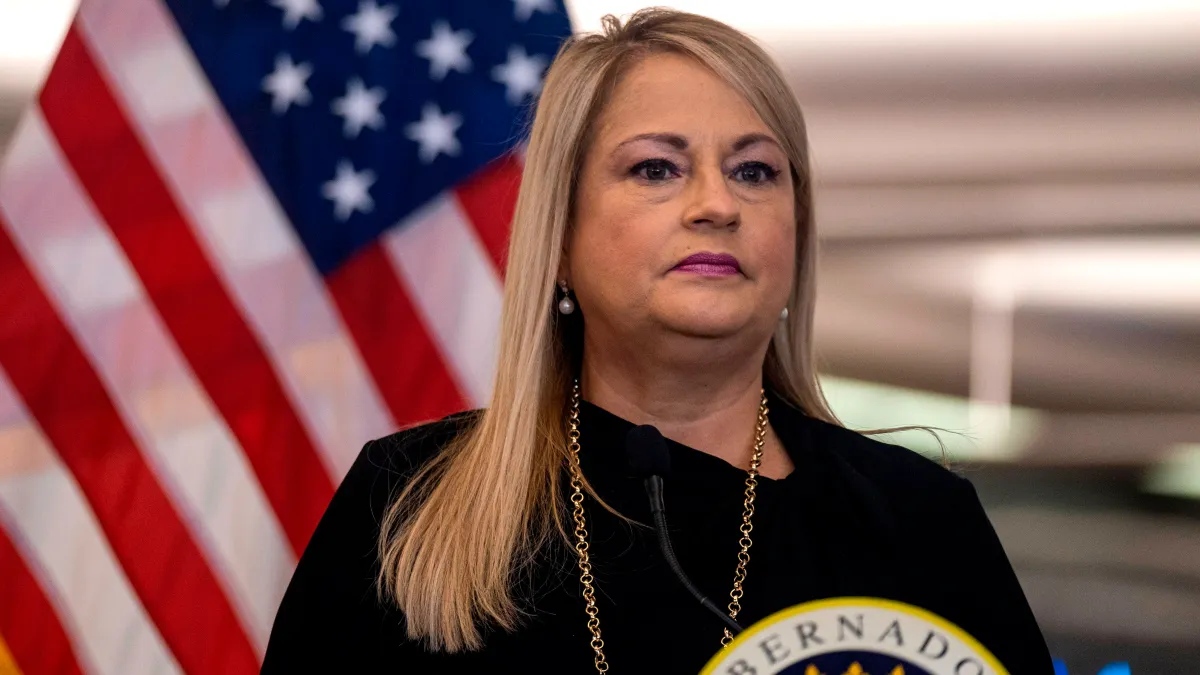
From Bribery Allegations to a Footnote in Election Law
What began as a dramatic public corruption indictment against asitting governor, a foreign banker, and a former federal agent has now concluded in what legal scholars might classify as a 'non-scandal scandal'.
As Judge Carreño Coll noted, the final charge may only be a “slap on the wrist”, but the process—media spectacle, political tension, and prosecutorial recalibration—revealed more about federal priorities and vulnerabilities than about the defendants themselves.
Source References
• El Nuevo Día, “Señalan vista de alegato de culpabilidad en caso federal contra la exgobernadora Wanda Vázquez”, July 18, 2025
• DOJ Press Release, United States v. Vázquez Garced et al, August 4, 2022 (justice.gov)
• 52 U.S. Code § 30121 – FECA Foreign National Ban• Bloomberg Law, “Ex-Puerto Rico Governor With Trump Ties Gets Bribery Case Break”, June 2025
